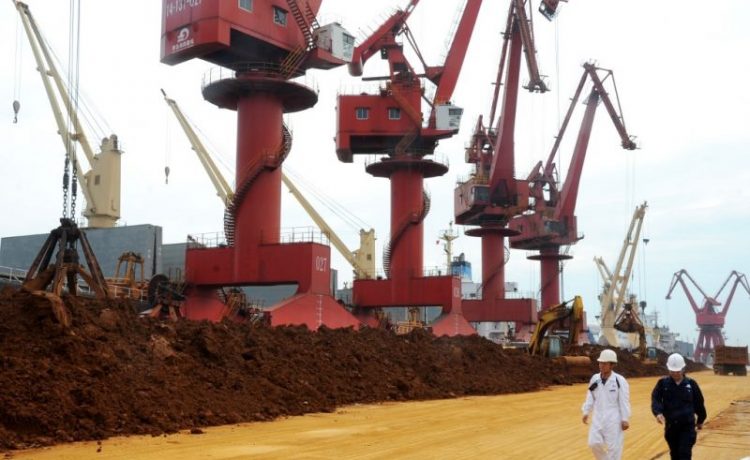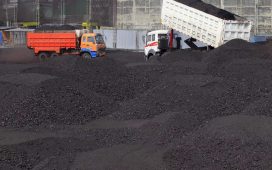China has unveiled new regulations for its rare earth sector that aim to protect the domestic supply of minerals seen as critical for national security.
The regulations, issued by the State Council on Saturday, include rules on the mining, smelting and trade in rare earth minerals used to make magnets in electric vehicles and for consumer electronic products.
They say that rare earth resources belong to the state, and that the government will oversee the development of the industry around rare earths – a group of 17 minerals, which China dominated in recent years and accounts for nearly 90% of global refined output.
ALSO SEE: Jakarta to Review Data Centres’ Lax Oversight After Cyberattack
Their global industrial significance is such that under a European law that entered into force in May the EU set ambitious 2030 targets for domestic production of minerals crucial in the green transition – notably rare earths due to their use in permanent magnets that power motors in EVs and wind energy.
EU demand is forecast to soar sixfold in the decade to 2030 and sevenfold by 2050.
The new Chinese regulations, which will take effect on October 1, say the State Council will establish a rare earth product traceability information system.
Enterprises in rare earth mining, smelting and separation, and the export of rare earth products, shall establish a product flow record system, shall “truthfully” record the flow, and shall enter it into the traceability system, the State Council said.
It is not known yet how the new system will operate and what its impacts will be on production and refining of rare earths. Currently a proportion of the rare earths produced in China comes from Kachin state in northern Myanmar, and there have been regular reports of severe environment impacts from mines, often overseen by groups from China.
Last year China introduced restrictions on exports of the elements germanium and gallium, used widely in the chip-making sector, citing the need to protect national security and interests.
It also banned the export of technology to make rare earth magnets, in addition to imposing a ban on technology to extract and separate rare earths.
Those rules fanned fears that restrictions in rare earth supplies might help increase tensions with the West, particularly the United States, which accuses China of using economic coercion to influence other countries. Beijing denies the claim.
China’s rare earths regulations also come as the EU gears up to impose provisional tariffs on Chinese EVs on July 4 to protect the 27-state bloc from what it says is a flood of EVs produced with unfair state subsidies, though both sides have said they plan talks on the proposed tariffs.
- Reuters with additional input and editing by Jim Pollard
ALSO SEE:
Vast Amount of Rare Metals Found Off Remote Japanese Isle
Brazil Set to Challenge China’s Stranglehold on Rare Earths
Australia’s Lynas Rare Earths Ends Merger Talks With US Miner
In New Comic, China Signals ‘Foreign Threat’ to its Rare Earths
China Curbs The Export of Rare Earths Processing Technology
Rare Earths Seen As a Factor in China-Vietnam Rail Link Talks
China Turns Focus on Rare Earths Sector Amid Trade War
China Metal Curbs, Rare Earths Risks Fuel Hunt For Safe Sources
Western Firms Struggling to Break China’s Grip on Rare Earths
Rare earth metals at the heart of China’s rivalry with US, Europe
Australia backs plan for new rare earths refinery





